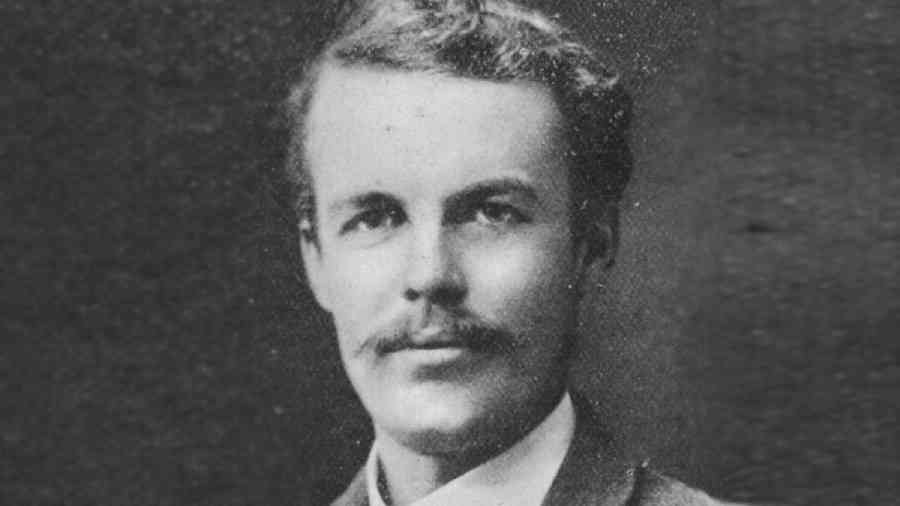Book: The Poverty of Political Economy: How Economics Abandoned the Poor
Author: Meghnad Desai
Publisher: HarperCollins
Price: ₹799
This book is not for the reader uninitiated in economics, especially the history of economic ideas. It is fairly technical. Even for economists, it is dense in style and often moves too swiftly between historical events and the ideas of famous economists. Meghnad Desai’s core idea is familiar, to the extent that many scholars have written about it. According to the author, economics as a subject lost its concern for the poor somewhere along the way. The time has come, after the stunning financial crisis of 2008 and the equally unprecedented pandemic, to rethink how society as a whole may benefit from capitalism.
Desai dwells in detail on how economic ideas spread in Great Britain and then across Europe and, finally, to the United States of America. It was Adam Smith who made sense of the whole of economics, treating it as a social subject where there was much more to economic relationships than just markets and prices. According to Smith, it was exchange that created value and social institutions that created the enabling structure of sharing and caring. Smith, according to Desai, was not the pro-rich, anti-worker ogre he is made out to be. He was against slavery, monopolies and the mercantilist search for gold and silver as national wealth. What Desai, and perhaps Smith himself, failed to observe was that without slavery and mercantile plunder, there would have been no capitalism to begin with in western Europe. However, the Smithian concern forthe greater good was lostin David Ricardo’s works where the value of a good became determined by production and not by exchange. It was at this moment that economics lost its concern for the poor.
It was much later in the early twentieth century that Arthur C. Pigou (picture), a famous Cambridge economist, raised concern for social welfare that a good economic system was supposed to deliver. Pigou was famous for his concept of bystander effects in markets, known to economists as externalities. Pigou was, according to Desai’s interpretation, the first to be worried about inequality and wastage that capitalism throws up. In his treatment of externalities such as pollution, Pigou was arguably the first ‘green economist’. However, Pigou’s eminence was eclipsed by another Cambridge economist by the name of John Maynard Keynes who in his famous book, The General Theory of Employment, focused not so much on inequalities but on unemployment as a source of wasted resources.
Throughout the second half of the twentieth century, the ideas of Keynes spread across the world, particularly in the US. Pigou’s ideas were not forgotten, but they were placed on the back-burner in policy circles. Keynes’ ideas were challenged by the older classical tradition that believed the market could operate and provide full employment without any State intervention. Then came the two unanticipated shocks that shook up the real world. In the world of economic ideas, all seemed lost as every shade of economic theory got discredited heavily.
Desai concludes his book with a call to promote a more humane economy. He talks about the provision of a basic income for all and also provides some ideas on how to make it feasible. The now well-known universal basic income is opposed on two grounds: fiscal difficulty in raising resources for distribution and the possibility of people losing the incentive to work. Some might argue that Desai’s prescriptions are somewhat utopian. Capitalism may never be able to come up with full employment and zero poverty on a global scale. Those who will implement such policies have deeply entrenched vested interests in sustaining poverty and inequality. But Desai is silent on this important issue.










